Prerequisites
- A Metoro account
- An application configured with OpenTelemetry
Pricing
Custom traces are billed at $0.30 per GB.High Level Overview
The metoro exporter running in each cluster is a fully compliant OpenTelemetry collector. This means that you can send traces to Metoro using any OpenTelemetry compatible tracing library.Endpoint Configuration
Configure your OpenTelemetry exporter to send traces to:Authentication
No additional authentication is required when sending traces from within the cluster to the Metoro exporter.OpenTelemetry Collector Configuration
If you’re using the OpenTelemetry Collector to forward traces to Metoro, here’s an example configuration:- Receives traces via OTLP over both HTTP (4318) and gRPC (4317)
- Batches traces for efficient transmission
- Forwards traces to the Metoro exporter
- Uses insecure communication since we’re within the cluster
Language-Specific Examples
Go
Python
Node.js
Via environment Variables
Most otel sdks also pick up environment variables so setting the following should point your apps at the exporterInspecting otel traces
You can use otel traces just like any other trace type. Just search for span attributes. If you want to see all non ebpf traces you can copy the following filter into the trace search, or click the following link: filters applied.Attributes and Context
When sending traces via OpenTelemetry, you can include additional attributes that will be searchable in Metoro:- Use resource attributes to define static information about the service
- Use span attributes to include dynamic information with each span
- Link spans with logs using trace context propagation
- Add custom attributes to spans for business-specific data
Troubleshooting
If you encounter issues with OpenTelemetry trace ingestion:- Verify your endpoint URL is correct
- Check your network connectivity to the Metoro OTLP endpoint
- Enable debug logging in your OpenTelemetry SDK
- Verify your traces appear in the Metoro traces view
- Contact support if issues persist
